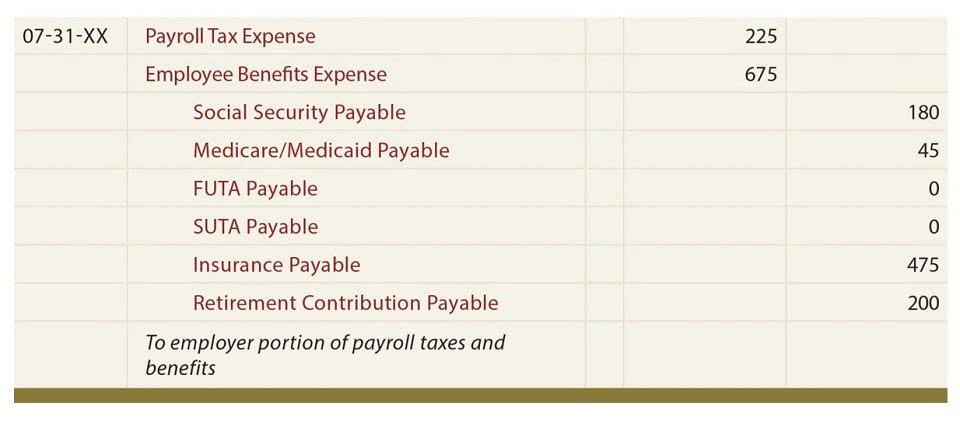
Businesses rely on the expertise of public accountants to make informed decisions, manage risks, and navigate the ever-changing landscape of taxation and regulation. Whether conducting an audit, providing tax advice, or offering strategic financial counsel, CPAs are the trusted advisors who help businesses thrive in a complex financial environment. Public and private accounting share a few similarities, but they also differ in important ways that should be taken into consideration when deciding on a career. Not only are public and private accountants subject to different education requirements, but they also tend to work in different settings and chart different professional paths. The accountants work for the organizations themselves and are instrumental in strategic decision-making processes. Private accountants handle budgeting, public accounting examples financial report preparation, cost analysis and they provide financial guidance internally.
Cons of public accounting vs. private accounting

These accountants are responsible for daily transactions, financial management, budgeting, and cost analysis, among other tasks. They also offer strategic tax planning advice to minimize tax liabilities and ensure compliance with tax laws. If you’re working for a single organization in private accounting, however, you will likely build deep expertise only in a specific industry, for a specific organization, making it a longer journey to diversification later in your career. In private vs. public accounting, individuals do not work for a firm, but rather, directly within the structure of a single organization. Likewise, their work is used for internal real estate cash flow purposes only, rather than public reporting and diligence.
- It’s also a good idea to improve your interviewing skills, such as researching a company, preparing questions to ask the hiring manager, and presenting your qualifications.
- Public accountants in the technology industry face the challenge of dealing with rapidly evolving products and services.
- Public accountants provide a range of accounting services that extend far beyond traditional auditing and tax preparation.
- They serve as external auditors, tax advisors, and financial consultants to a wide array of clients, gaining a wealth of experience and expertise.
- Its core purpose is to provide broad financial advice, tax guidance, audit services, and help with regulatory compliance.
- While many of the same tasks and skills are required in all types of accounting, there are also big differences in private vs. public accounting.
Understanding the role of public accountants

Coursera’s editorial team is comprised of highly experienced professional editors, writers, and fact… You may find that for some accounting positions, employers require or prefer candidates with a master’s degree. Maintaining transparency and accountability is essential in an industry where trust is paramount, and the repercussions of financial misconduct can be severe.
- I understand that consent is not a condition to purchase any goods, services or property, and that I may withdraw my consent at any time by sending an email to email protected.
- Consider becoming a CPA or accountant for a federal, state, or local government organization, such as a school district or workers’ comp agency.
- A Master of Accounting, or MAcc, will help you further highlight yourself to prospective employers, broadening your skill set — and your work opportunities — while simultaneously increasing your earning potential.
- The accountants work for the organizations themselves and are instrumental in strategic decision-making processes.
- They provide expertise on tax planning, compliance, and strategies to optimize tax positions.
- Working with a public accounting firm, you meet lots of professionals both within the accounting industry and across the board through your clientele.
Top 10 public accountants services

The goal of governmental accounting is to provide a clear picture of a government’s financial health to its constituents, lawmakers, investors, and oversight bodies. It’s crucial for ensuring accountability, making budget decisions, setting tax rates, and managing public resources effectively and efficiently. It depends on the individual’s career aspirations, work-life balance expectations, and job diversity preferences. Public contra asset account accounting can be a good choice for those who enjoy job variety and fast-paced career growth, while private accounting may be ideal for those who prefer stable job duties and a more balanced lifestyle.
Take Your CPA Exams with Confidence

Learn how to produce and analyze financial statements, payroll accounting functions, and more in the Intuit Academy Bookkeeping Professional Certificate. You can also discover tax laws for individuals, employees, businesses, and more in the US Federal Taxation Specialization offered by the University of Illinois on Coursera. The top CPA firms in the US are Deloitte, PricewaterhouseCoopers (PwC), Klynveld Peat Marwick Goerdeler (KPMG), and Ernst & Young. Known as the Big Four, these accounting firms boast the highest annual revenue globally, making them appealing places to work for many accountants. Tax services encompass a wide range of activities, from preparing tax returns to advising on tax-efficient investment strategies. Public accountants in this field stay current with tax law changes, helping clients make informed decisions that reduce tax burdens while remaining compliant with tax codes.